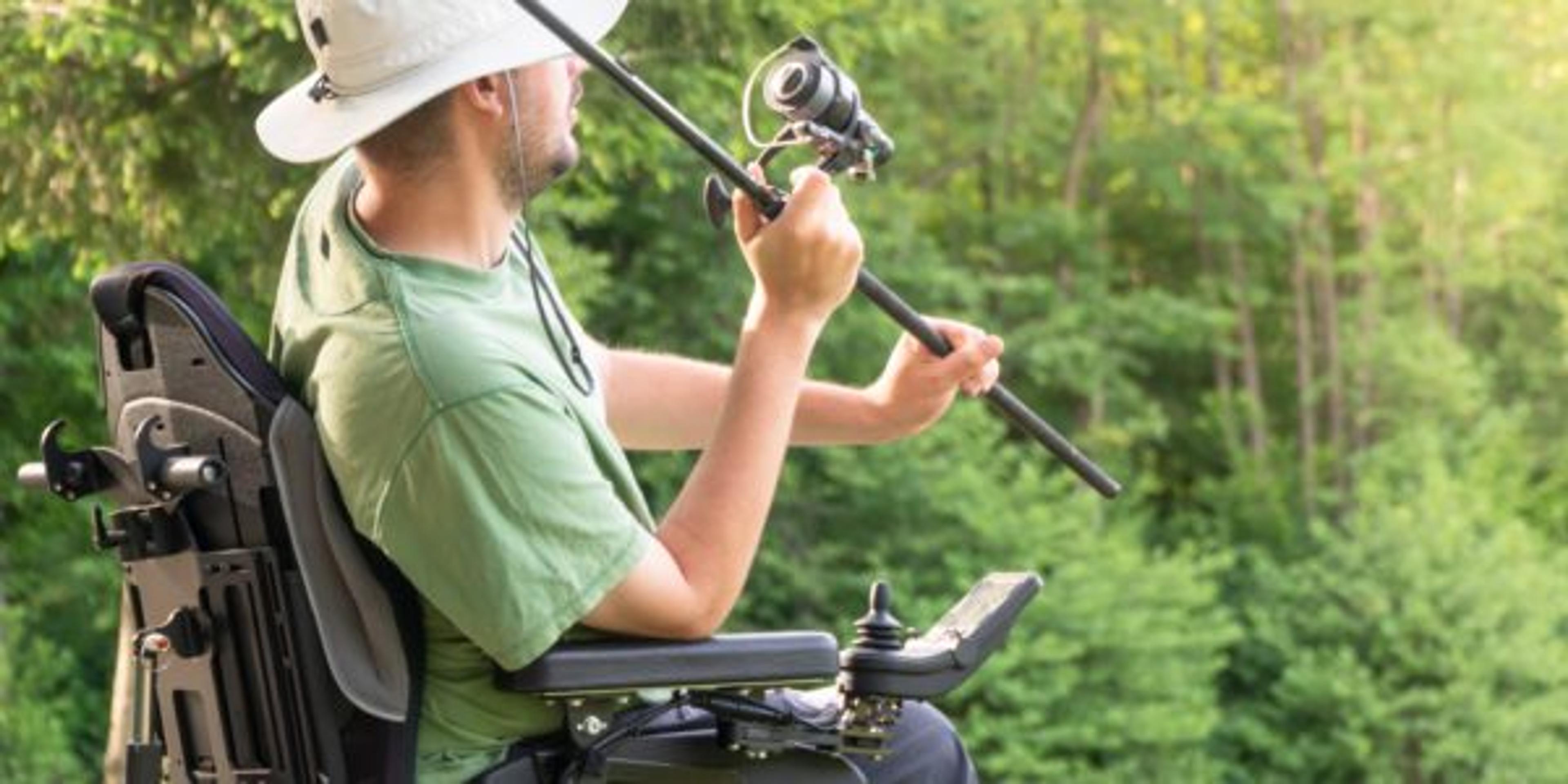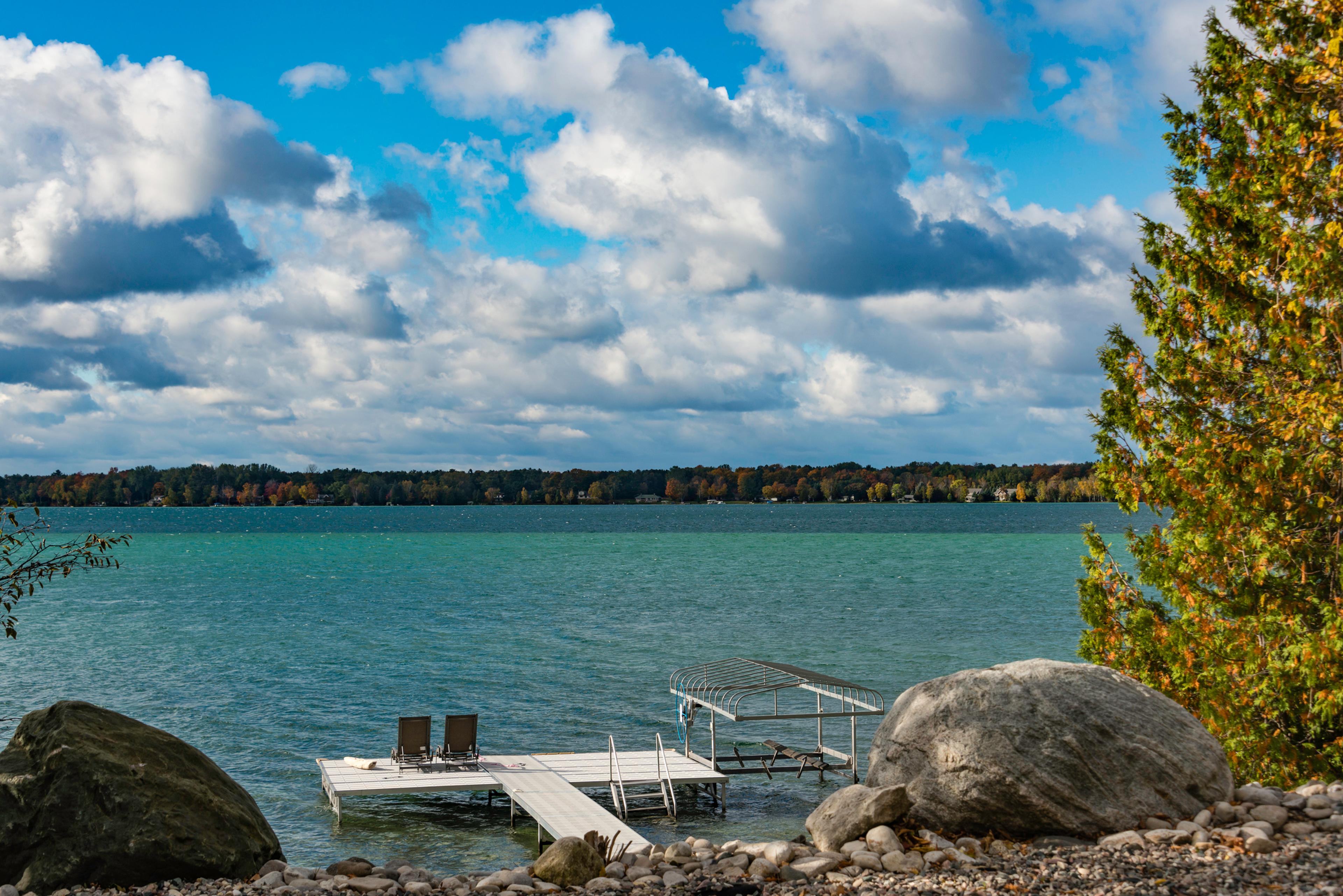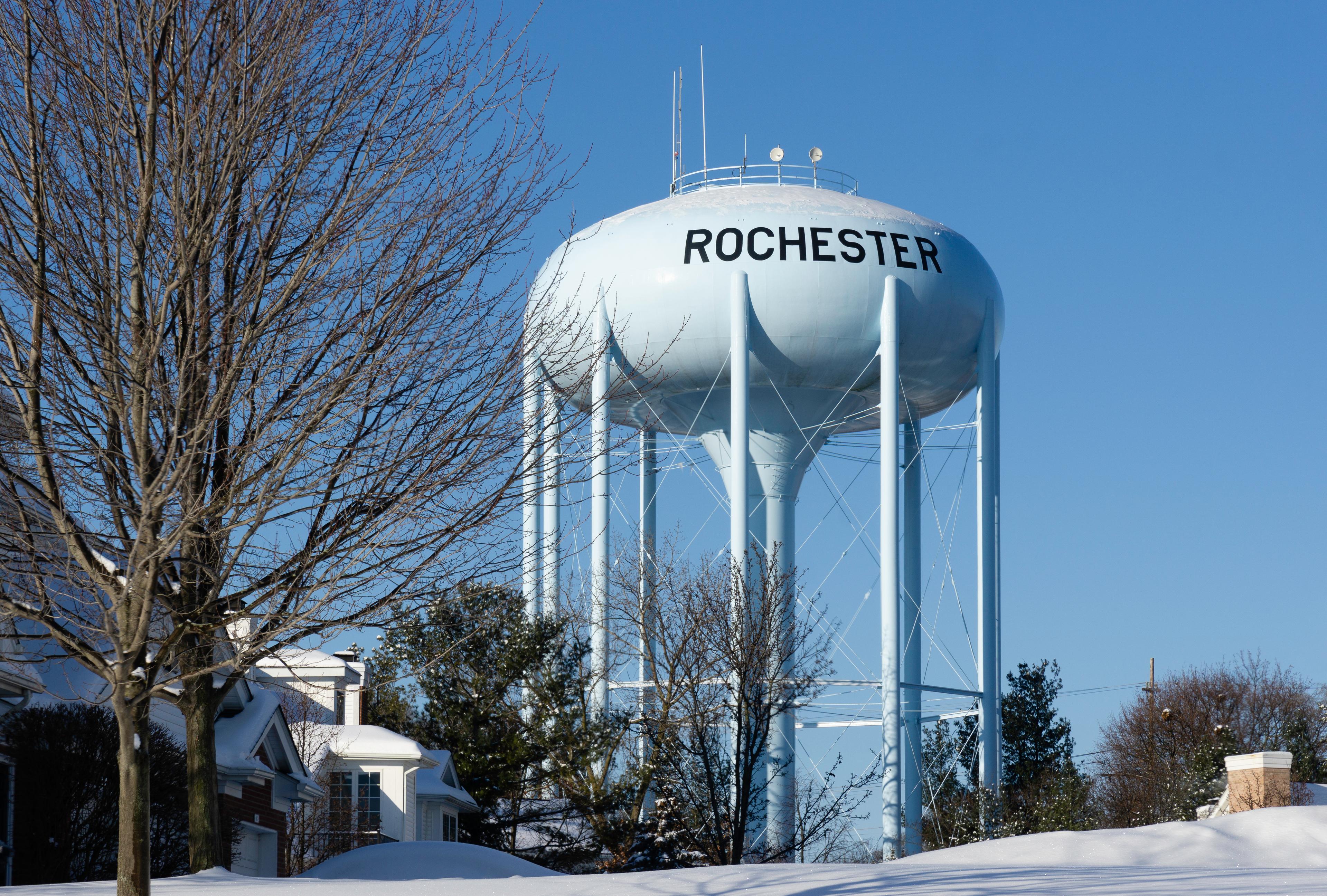Accessible Boat Launches, Fishing Spots Across Michigan
Shandra Martinez
| 3 min read

Michigan is nearly surrounded and laden by water. Because of this, sports like boating, paddling and fishing seem to be built into our DNA. Whether it’s settling into a kayak, finding balance on a stand-up paddleboard or casting a line in hopes of a good freshwater catch, you can find thousands of people out enjoying the state’s beautiful boating and fishing spots at least three seasons out of the year. The winter is left for the hardy ice fishing crowd. But during these warm-weather months, having accessible boat launches and fishing spots across Michigan is especially important.
With recent state license data showing that more than 1 million people participate in recreational fishing each year, creating accessible spaces for that sport and other water-related activities has become a priority not only for the state park and recreation area system, but for other municipal waterfront areas as well. Some anglers need accessible fishing piers with wide spacing to accommodate wheelchairs or other assistive devices. They may need a stop-edge platform or pier design to keep their device wheels in place. Others may need stable, secure launch areas to make getting into kayaks and canoes or onto SUPs safer and easier.
Accessible Boating. Accessible launches for water sports are typically designed with lots of safeguards in mind. According to the Michigan Water Trails group, these:
- Allow paddlers of all abilities to launch and land their watercraft easily without damaging the craft or capsizing.
- Offer stable surfaces that support their movement into and out of the watercraft.
- Offer enough space to allow them to navigate their watercraft setup.
- Allow them enough space to stabilize their watercraft when they get in and out, and when they launch and land.
To help people locate some of the more than 30 universally accessible boat launch sites in the Upper and Lower Peninsulas, Michigan Water Trails has an online map.
The Michigan Department of Natural Resources also has a list of state parks and recreation areas that feature accessible kayak and canoe launches. These have stable transfer benches, side rails, and transfer slide boards for easier launching and take-outs.
Accessible fishing spots. Every angler has their favorite fishing areas, and more of them on public land are being installed or updated with accessible features to better accommodate fishing enthusiasts of all ages and ability levels. The state has more than 30 accessible fishing areas on its online list. Some of the favorite areas include those below, with descriptions provided by the Michigan DNR:
Bay City State Park: The Tobico Lagoon provides pike, carp, bass and panfish. An accessible fishing pier makes shore fishing available to all.
Fort Wilkins State Park, Copper Harbor: Excellent walleye and splake fishing in Lake Fanny Hooe and excellent splake fishing in Copper Harbor.
Fort Custer Recreation Area, Augusta: Bass, blue gill, crappie, pike and channel catfish are found in all three lakes. An accessible fishing pier is located on Whitford-Lawler Lake.
Grand Haven State Park: The pier and boardwalk along the Grand River, at the mouth of the river, on the north side of the park is popular with anglers.
Mitchell State Park, Cadillac: There are two accessible fishing piers located at either end of Clam Lake Canal. A third accessible pier is located next to the playground area in the campground.
Ludington State Park: A fishing pier is located on Hamlin Lake, just upstream from the Hamlin Dam.
Sterling State Park, Monroe: The park is known for its walleye fishing. Shore fishing is possible at Sterling’s three lagoons, three fishing piers and on the River Raisin.
Muskegon State Park: An accessible fishing pier is available along the channel walkway.
Related:
- Photo credit: Getty Images





